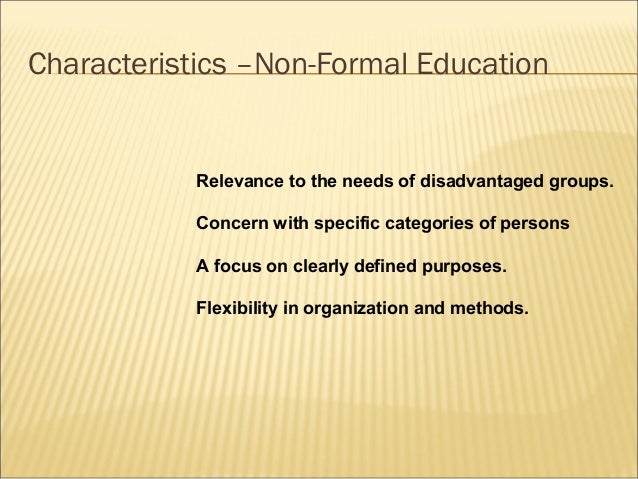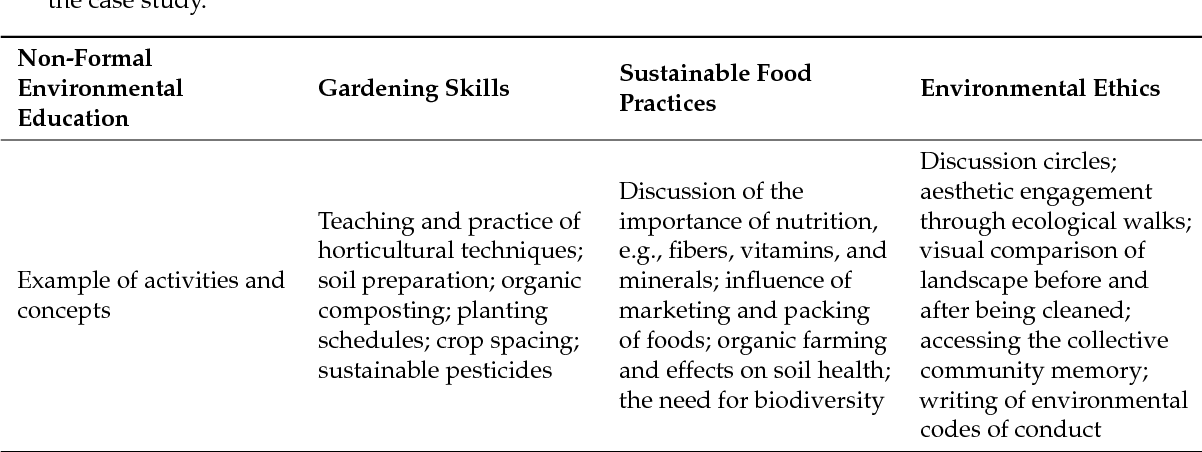

Vocational programmes have been introduced to Agara Secondary School which has also received support in setting up modular teachings programmes.


Distance learning and e-learning schemes have been implemented in the selected vocational colleges and secondary schools (Tetnuldi and Lakada colleges, Agara Secondary School).The mobile VET centre has been established and made operational in the mountainous municipality of Mestia.In Mestia and Jvari Vocational Colleges and Agara Secondary School, teachers were trained in delivering vocational education programmes in three vocations and retraining courses in six vocations. The assessment tools, teachers’ guidelines and practical training materials for modular teaching programmes have been developed in four industrial vocations.Now there is the need to throw light upon the commercial and non- commercial agencies of education. The first and second agencies have been examined. Brown has classified the agencies into four categories-formal, informal, commercial and non-commercial agencies. Examples of such agencies are library, press, cinema, newspaper, radio, television, theatre, magazine, etc. Such agencies are called passive, for the individual plays passive role as he is not able to influence the agencies. Passive agencies are those agencies which potentially influence the individual but are not influenced at all by the individual. Examples of such agencies are the family, the school, the church, the youth activity groups, associations, social welfare agencies, sports club, museum, art galleries, entertainment programmes, etc. The agency is called active because both the agency and the individual actively participate and share in the educative process. Both the educator and the educand or the individual and the group influence and react to each other. Those agencies which provide for education through the interaction of the persons are called active agencies of education. Among the agencies of informal education are family, community, state, social gathering, play-ground, associations, religious ceremonies, crowds, market places, cinema house, news-paper, fairs, exhibitions, radio, television, public meeting, field trip etc. Individuals learn incidentally and naturally by their own initiatives and efforts. There are not particular places or location for imparting education. These agencies lack all formalities, rules, systematization, pre-planning, premeditation or training. Education is provided to the individuals informally and unconsciously. They are called indirect agencies influencing the behaviour of the individuals. Informal agencies are those institutions which exercise a great educative influence upon the individuals indirectly and ceaselessly throughout their life. Such agencies include school, college, university, library, religious institution, the recreation club, the museum, picture and art galleries, zoo, etc. In short, everything or every aspects of education are pre-planned or planned in advance. There are well-defined aims and objectives, specific curriculum, definite teachers and students, definite and fixed time and place in such agencies. Formal agencies are those institutions and organizations which are set up by the society deliberately with the exclusive aim imparting definite and ready-made tidbits of knowledge in a specified time under a structured environment.


 0 kommentar(er)
0 kommentar(er)
